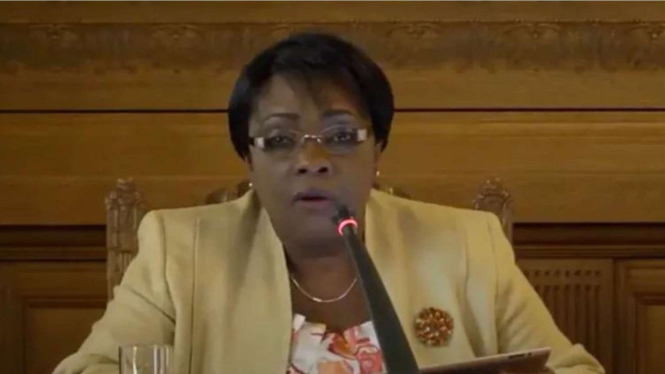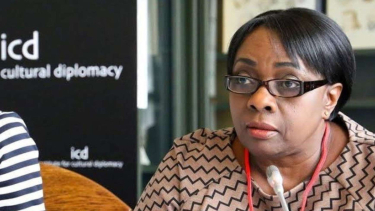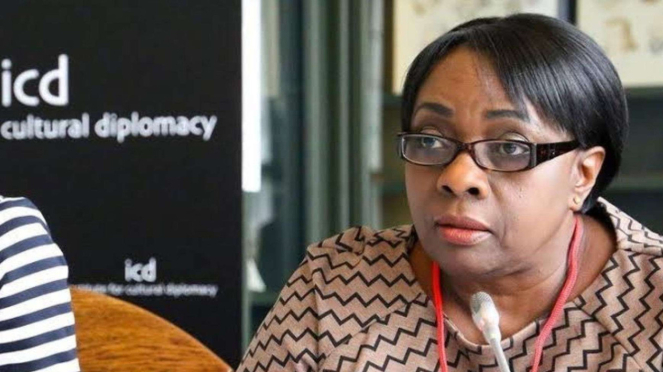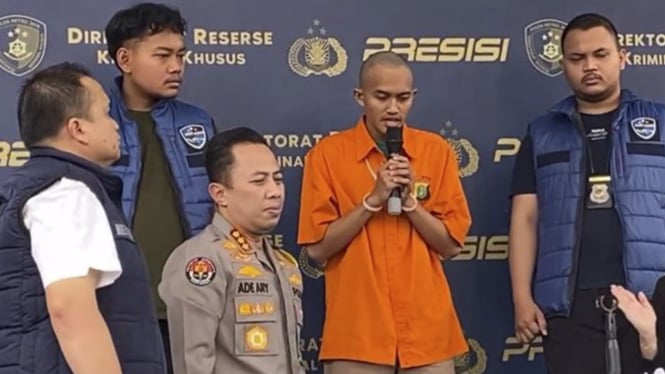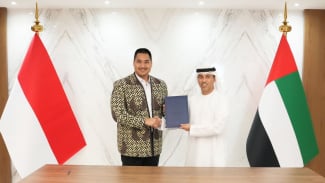- Al Jazeera
Jakarta – Judge Julia Sebutinde from Uganda has been elected Vice-President of the International Court of Justice (ICJ) by her peers, for a term of three years. Earlier, Lebanese judge Nawaf Salam was Tuesday elected President of the ICJ.
Vice-President Sebutinde has been a Member of the Court since 6 February 2012. Before joining the Court, Vice-President Sebutinde was a judge at the Special Court for Sierra Leone from 2005 to 2011.
Sebutinde was in the news last month when she gave a dissenting ruling as the ICJ gave order for Israel to prevent genocide acts in Gaza.
Hakim Mahkamah Internasional Julia Sebutinde
- The Uganda Wire
Judge Sebutinde dissented from the majority in the ICJ Order, arguing that the dispute between the State of Israel and the people of Palestine is essentially and historically a political one, calling for a diplomatic or negotiated settlement, and for the implementation in good faith of all relevant Security Council resolutions by all parties concerned, with a view to finding a permanent solution whereby the Israeli and Palestinian peoples can peacefully coexist.
In her opinion, this is not a legal dispute susceptible of judicial settlement by the Court.
The International Court of Justice (ICJ) is the principal judicial organ of the United Nations. It was established by the United Nations Charter in June 1945 and began its activities in April 1946.
The Court is composed of 15 judges elected for a nine-year term by the General Assembly and the Security Council of the United Nations. The seat of the Court is at the Peace Palace in The Hague (Netherlands).
It has a twofold role: first, to settle, in accordance with international law, legal disputes submitted to it by States; and, second, to give advisory opinions on legal questions referred to it by duly authorized United Nations organs and agencies of the system.

